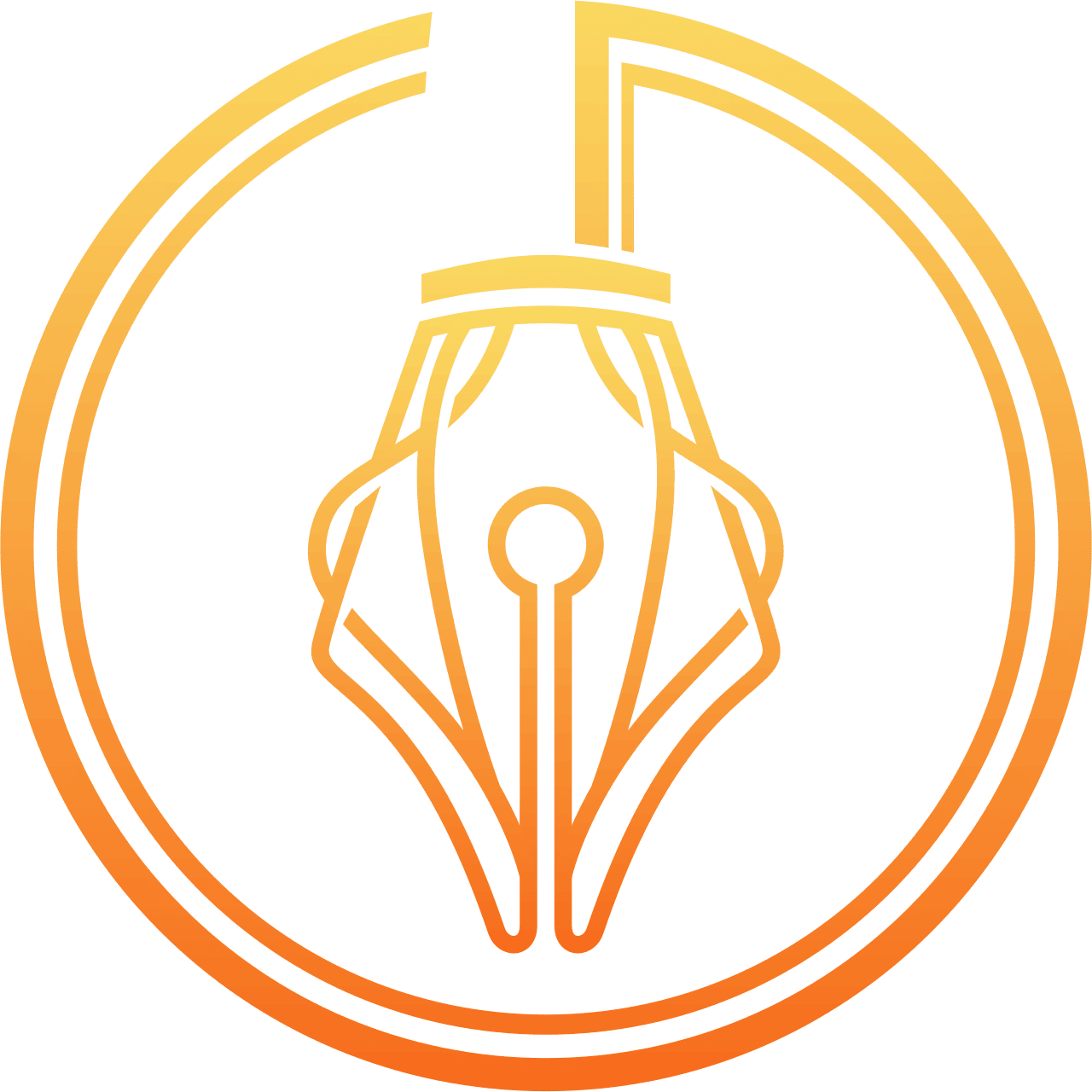FAQs
Yes, I deliver detailed, professional inspection reports that meet Fannie Mae and Freddie Mac standards.
The duration varies based on the type of inspection, but most inspections are completed within 1-2 hours.
Prices range from 45 to 300, depending on the type of inspection required.
I specialize in Fannie Mae and Freddie Mac property inspections, including pre-purchase, drive-by, and occupancy inspections.
Yes, I am a certified Fannie Mae and Freddie Mac Property Inspector and a member of the MBA.
A notary public is a state-commissioned official who verifies identities, witnesses signatures, and ensures documents are signed willingly and correctly.
You can verify my notary license through the Colorado Secretary of State’s website using my commission number.
Yes, a notary may refuse if the signer cannot provide proper identification, is unwilling, or if the document is incomplete or suspicious.
Yes, I offer flexible scheduling, including evenings and weekends, to accommodate your needs.
You’ll need a valid government-issued photo ID, such as a driver’s license, passport, or state ID, to verify your identity.
Yes! I offer mobile notary services and will travel to your preferred location within Henderson, Commerce City, Brighton, and surrounding areas for your convenience.
Travel fees depend on the distance and location. Contact me for a quote tailored to your specific needs.
Yes, I provide both digital and physical printing services to bring your designs to life.
I specialize in creating digital and physical marketing materials, including flyers, banners, signs, business cards, and more.
I work closely with you to understand your vision, provide drafts for feedback, and make revisions until you’re completely satisfied.
The timeline varies based on the project, but most designs are completed within 3-7 business days.
Simply contact me with your project details, and I’ll guide you through the process, from concept to final delivery.
Prices start from 25 to 800, depending on the complexity and scope of the project.
Get in Touch
Send Me a Message
Get in touch with me today to schedule your service! Whether you need to notarize important business documents, hire a marriage officiant, or create a logo for your business, I am here to help. Simply fill out the form below and I will get back to you within 24 hours to discuss your needs and provide you with a quote. I look forward to working with you!
If you are looking to book a service that will include travel fees, make sure to provide the address for an accurate quote.

